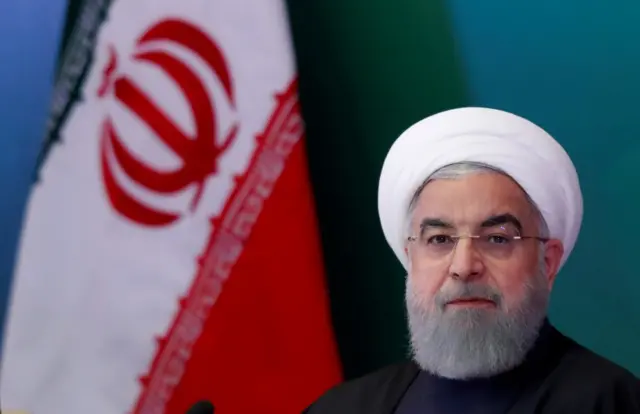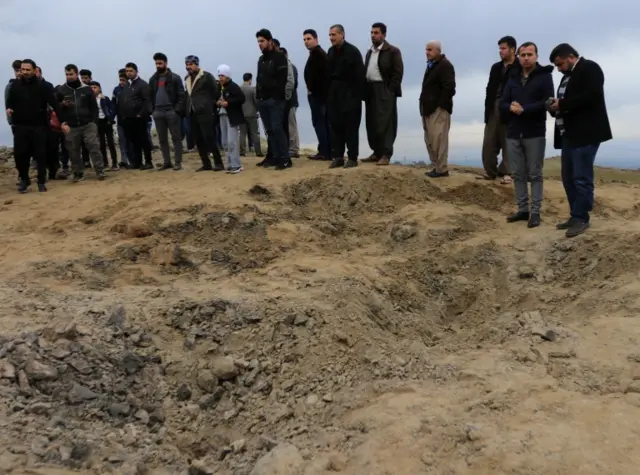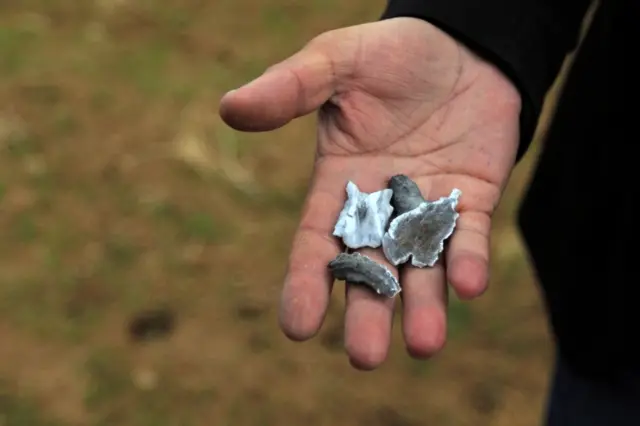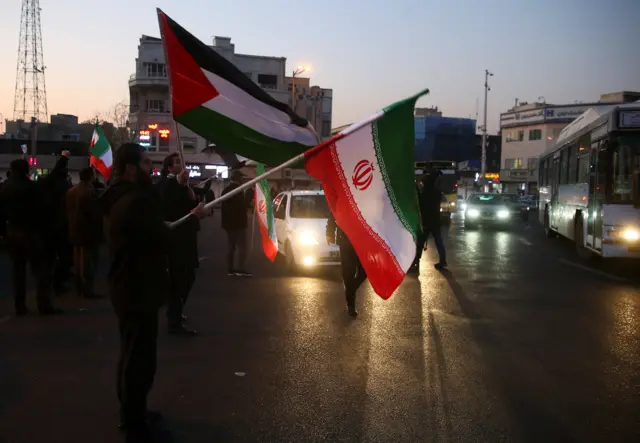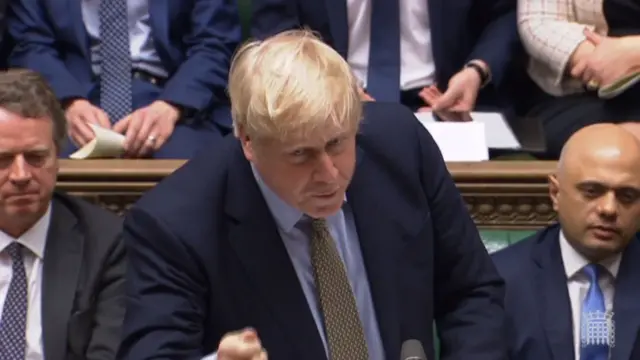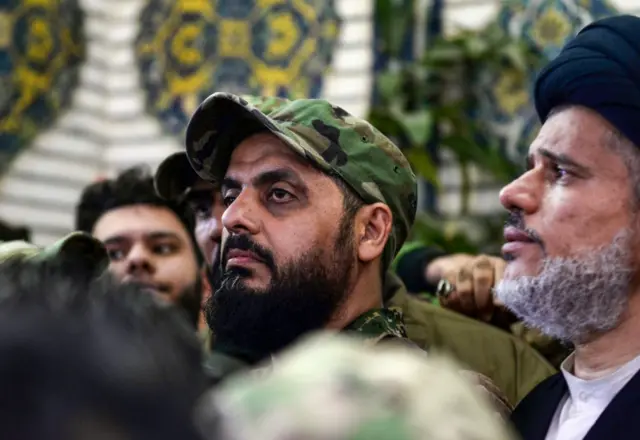Analysis: Is this crisis over?published at 15:03 Greenwich Mean Time 8 January 2020
 Jonathan Marcus
Jonathan Marcus
BBC Diplomatic and defence correspondent
Iraq's current political difficulties mean any formal decision on the future of the US presence in the country could be some time away.
But many analysts believe that Washington's position in Iraq is more tenuous than it was a few weeks ago.
It is also important to remember that this episode of direct confrontation was preceded by a long-running Iranian campaign over many years.
So is this crisis over?
This could be the end of one particularly dangerous episode, but the bitter regional tensions and strategic rivalry remain. Soleimani's death is going to cast a shadow over the interactions between the US and Iran for many years to come.
